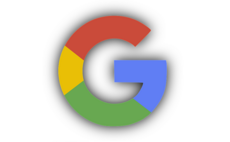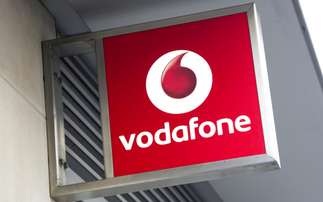Google Shopping to be made to stand on its own, suggests Google, in proposed solution to EU anti-trust case
Google is to propose spinning-off its Google Shopping service into a separate, standalone unit with its own P&L in a bid to resolve its European Union anti-trust case. Bloomberg reports that w...
To continue reading this article...
Join Computing
- Unlimited access to real-time news, analysis and opinion from the technology industry
- Receive important and breaking news in our daily newsletter
- Be the first to hear about our events and awards programmes
- Join live member only interviews with IT leaders at the ‘IT Lounge’; your chance to ask your burning tech questions and have them answered
- Access to the Computing Delta hub providing market intelligence and research
- Receive our members-only newsletter with exclusive opinion pieces from senior IT Leaders



















